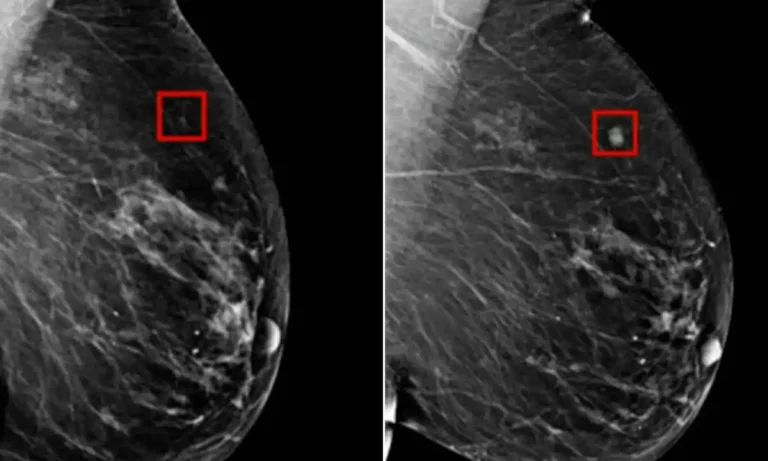Measles Outbreak Continues in Texas, Nearly 50 Cases Reported
In the heart of the Lone Star State, a concerning health crisis is brewing that has drawn both national attention and local distress. The measles outbreak in Texas is not just a medical anomaly but has rapidly escalated into a pressing public health issue, as state officials scramble to contain its spread. Known for its vast landscapes and bustling cities, Texas is now becoming infamous for its alarmingly high number of measles cases, doubling in a matter of weeks.
The current outbreak has startled health organizations, with reports confirming at least 50 cases across five counties by mid-February 2025. The majority of these cases have been identified in Gaines County, a rural area in the South Plains Region, known more for its serene landscape than its contribution to epidemiological statistics. This surge marks a dramatic increase from what was merely a ripple in late 2023, now a full-blown outbreak with more than a dozen hospitalizations reported.
The Texas Department of State Health Services, alongside the Centers for Disease Control and Prevention, is closely monitoring the situation, evaluating the viral spread that poses a significant threat not only to the unvaccinated but also for individuals with compromised immune systems—a demographic notably at risk during such outbreaks.
Implications of this outbreak stretch beyond immediate health concerns. Economically, an outbreak can burden the healthcare system, redirecting resources and increasing healthcare costs. Additionally, the risk of becoming a designated outbreak hotspot could impact local tourism and economy, particularly in regions with thriving local businesses dependent on traveler patronage. The outbreak has also intensified debates on vaccination policies in the state, sparking a review of immunization compliance and the societal responsibilities accompanying public health management.
Despite intense focus on vaccinations, a curiosity gap remains. For individuals and families deciding against vaccination, what factors contribute to these choices, especially when faced with such risks? Are there underlying societal or cultural influences that defy health advisories, and how can these be addressed to prevent similar crises?
From the onset, health officials have traced the outbreak’s severity to low vaccination rates within affected communities. Reports show that most affected individuals are either unvaccinated or lack a complete vaccination history, exacerbating the virus’s spread. The standard two-dose MMR vaccine remains the most effective form of protection, yet the vaccination rates in Texas have seen declines post-COVID-19 pandemic. This concern is echoed by health experts who urge communities to strengthen vaccination campaigns to protect the more vulnerable population members.
The story of this outbreak is a stark reminder of the complexities tied to public health. While reminders continue about the importance of vaccination in preventing infectious diseases, Texas finds itself at a crossroads in terms of policy-making and public health advocacy. As investigations continue, authorities hope for a swift response that will not only control this outbreak but also signal the need for re-evaluated health policies across the nation.







